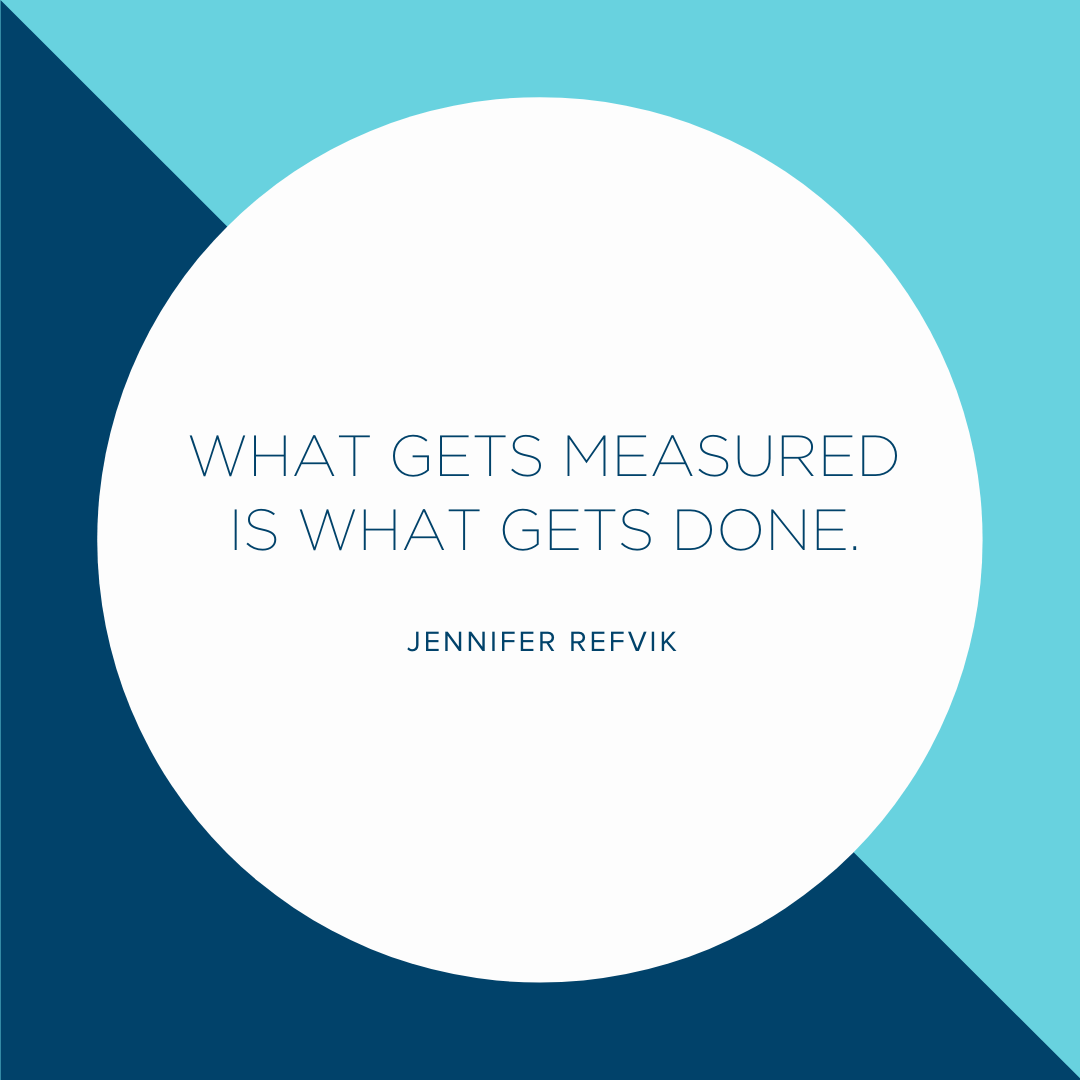 This month, WCT spoke with Jennifer Refvik of TELUS on her career trajectory from university student to her current role as the telecommunications company's Director of Business Strategy Development. Jennifer has spent over 20 years with TELUS and has contributed greatly to the organization's maturity by continuously digitizing materials, reducing costs, streamlining delivery and exceeding customer expectations. Jennifer emphasized the need for companies to implement a "measured drive" to create opportunities for women, and for women to take advantage of said opportunities.
This month, WCT spoke with Jennifer Refvik of TELUS on her career trajectory from university student to her current role as the telecommunications company's Director of Business Strategy Development. Jennifer has spent over 20 years with TELUS and has contributed greatly to the organization's maturity by continuously digitizing materials, reducing costs, streamlining delivery and exceeding customer expectations. Jennifer emphasized the need for companies to implement a "measured drive" to create opportunities for women, and for women to take advantage of said opportunities.
WCT: Can you tell us a little bit about your career trajectory? What led you to TELUS as Director of Business Strategy Development?
Jennifer Refvik: I have been fortunate to spend my career with TELUS. While in university, a friend mentioned TELUS was hiring and helped me get a foot in the door. A couple of years in, I took a chance and applied on a junior business analyst role, while I wasn’t sure I was completely qualified, I saw where I could add value. I landed the job and loved it. In the 15 years since that, I have focused on expanding my knowledge and experience in different ways and it’s served me well. I’ve been able to grow my skills and continue to broaden my experience all across our organization. Connecting those experiences together and maintaining a focus on our customers has been a successful formula for my growth.
WCT: Was there anyone who had a tremendous impact on you and your career journey, be it from your personal or professional life? How did they influence where you are now?
JR: So many people! I have had some phenomenal role models and an amazing support network both personally and professionally. My parents are both natural leaders and pursued their careers in much the same way I have—started from the frontline and worked their way up—until I wrote that down, I didn’t realize that I had followed in their footsteps. I have had some incredible leadership at TELUS, people who have helped to open new doors for me and encouraged me to take chances or pursue different opportunities. I’m very lucky to have had such an incredible network.
WCT: What do you think is the most significant barrier to female leadership?
JR: I believe that there are 2 barriers, a strong and measured drive for organizations to change the gender balance and a willingness of women to apply. We have to remember that what gets measured is what gets done. Organizations need to make sure that they are setting targets and creating plans to balance their team to resemble their customers, and that goes beyond gender. Creating opportunities for women within your organization does not look wildly different than creating them for men, but it needs to be deliberate. Beyond the accountabilities of the company, women need to make sure they are stepping up to take opportunities when they are available. There are numerous studies that show women are more reluctant to apply for a role until they are certain they have all of the qualifications, men are willing to apply at less than half. We need to work together to change that.
WCT: What advice would you give to the next generation of young women entering male-dominated sectors (business, technology, etc)?
JR: It’s okay to be assertive! Don’t be afraid to put yourself out there, or be afraid but do it anyway.
WCT: Is there a quote you live by?
JR: “People come into your life for a reason, season, or lifetime” – it helps me to find the good, even in situations that are uncomfortable. Knowing that this might be a lesson that I need to learn or that the situation will pass helps me to stay focused on the things that I want to achieve.





